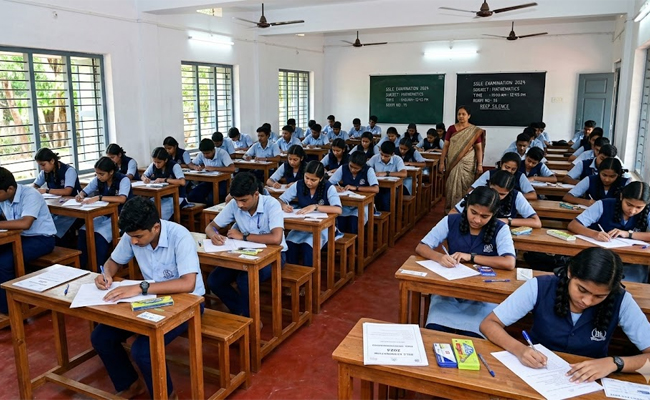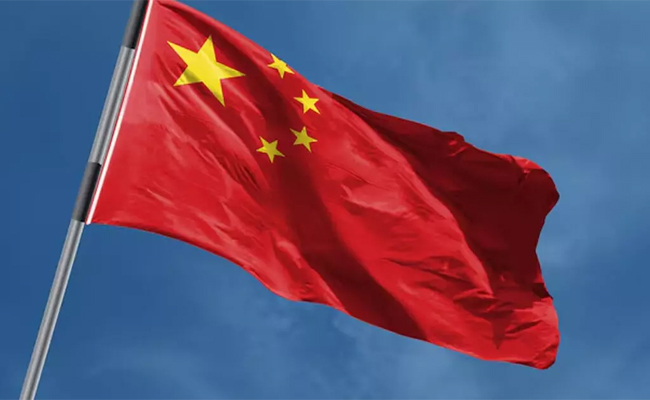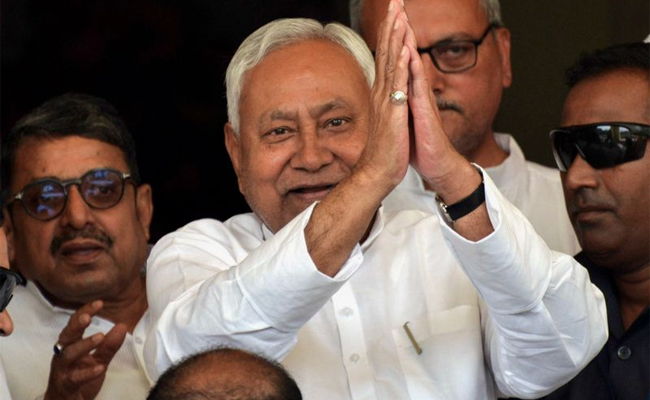San Francisco, July 19 : Accused of helping to spur violence in countries like Myanmar, Sri Lanka and India, Facebook has said it will begin removing misinformation that leads to violence and physical harm.
Currently, Facebook bans content that directly calls for violence but the new policy will cover fake news that has the potential to stir up physical harm, CNET reported late on Wednesday.
"There are certain forms of misinformation that have contributed to physical harm, and we are making a policy change which will enable us to take that type of content down," Facebook said in a statement.
"We will begin implementing the policy during the coming months," it added.
Facebook-owned WhatsApp is facing the flak in India for allowing the circulation of large number of irresponsible messages filled with rumours and provocation that has led to growing instances of lynching of innocent people.
In June, Facebook removed content that alleged Muslims in Sri Lanka were poisoning food given and sold to Buddhists.
A coalition of activists from eight countries, including India and Myanmar, in May called on Facebook to put in place a transparent and consistent approach to moderation.
In a statement, the coalition demanded civil rights and political bias audits into Facebook's role in abetting human rights abuses, spreading misinformation and manipulation of democratic processes in their respective countries.
Besides India and Myanmar, the other countries that the activists represented were Bangladesh, Sri Lanka, Vietnam, the Philippines, Syria and Ethiopia.
The demands raised by the group bore significance as Facebook came under fire for its failure to stop the deluge of hate-filled posts against the disenfranchised Rohingya Muslim minority in Myanmar.
Sri Lanka temporarily shut down Facebook earlier in 2018 after hate speech spread on the company's apps resulted in mob violence.
According to The Verge, Facebook will review posts that are inaccurate or misleading, and are created or shared with the intent of causing violence or physical harm.
The posts will be reviewed in partnership with firms in the particular country including threat intelligence agencies.
"Partners are asked to verify that the posts in question are false and could contribute to imminent violence or harm," Facebook said.
Let the Truth be known. If you read VB and like VB, please be a VB Supporter and Help us deliver the Truth to one and all.
Thiruvananthapuram (PTI): The SSLC (Class X) examination commenced in schools across Kerala on Thursday.
Kerala General Education Minister V Sivankutty wished students appearing for the SSLC examinations success and urged them to approach the tests with confidence.
Apart from the SSLC examination, the Plus One examination also commenced on Thursday, while the Plus Two examination will begin on Friday.
As many as 4,17,497 students are appearing for the SSLC examination, which is being held at 3,047 centres.
ALSO READ: Nitish likely to file nominations for Rajya Sabha polls
A total of 633 students have registered for the SSLC examination from the Lakshadweep region.
Similarly, 633 students have registered for the SSLC examination in the Gulf region, where the examination has been postponed due to the ongoing conflict in West Asia.
The examination will conclude on March 30.
According to the Education Department, valuation camps for the exam papers will be held from April 7 to April 28, and the results are expected to be declared in May.
Sivankutty, in a Facebook post, said examinations should not be viewed with anxiety but as an opportunity to express the knowledge students have acquired.
Noting that students are appearing for the exams after completing their studies with revised textbooks based on the New Curriculum Framework 2023, introduced after a gap of 11 years, the minister said the new evaluation system aims to assess 21st-century skills such as critical thinking, analytical ability and creativity.
He also assured students that there are no changes in the examination structure this year and cautioned them against attempts by some people to deliberately spread fear in connection with the exams, urging them to reject such messages with discretion.
He reminded students that the Class 10 examination is only a qualifying test for higher studies and that the government has ensured Plus One seats for all students in Kerala.
The minister further urged students to prioritise their physical and mental health during the exam period by maintaining proper sleep and food habits.
“This is not the last examination in life. A world of opportunities lies ahead of you. Enter the examination hall with a calm mind,” he said, wishing all students success.
As many as 4,11,025 students have registered for the Higher Secondary (Plus One) examination and 4,52,437 students for the Higher Secondary (Plus Two) examination, which will conclude on March 28.





